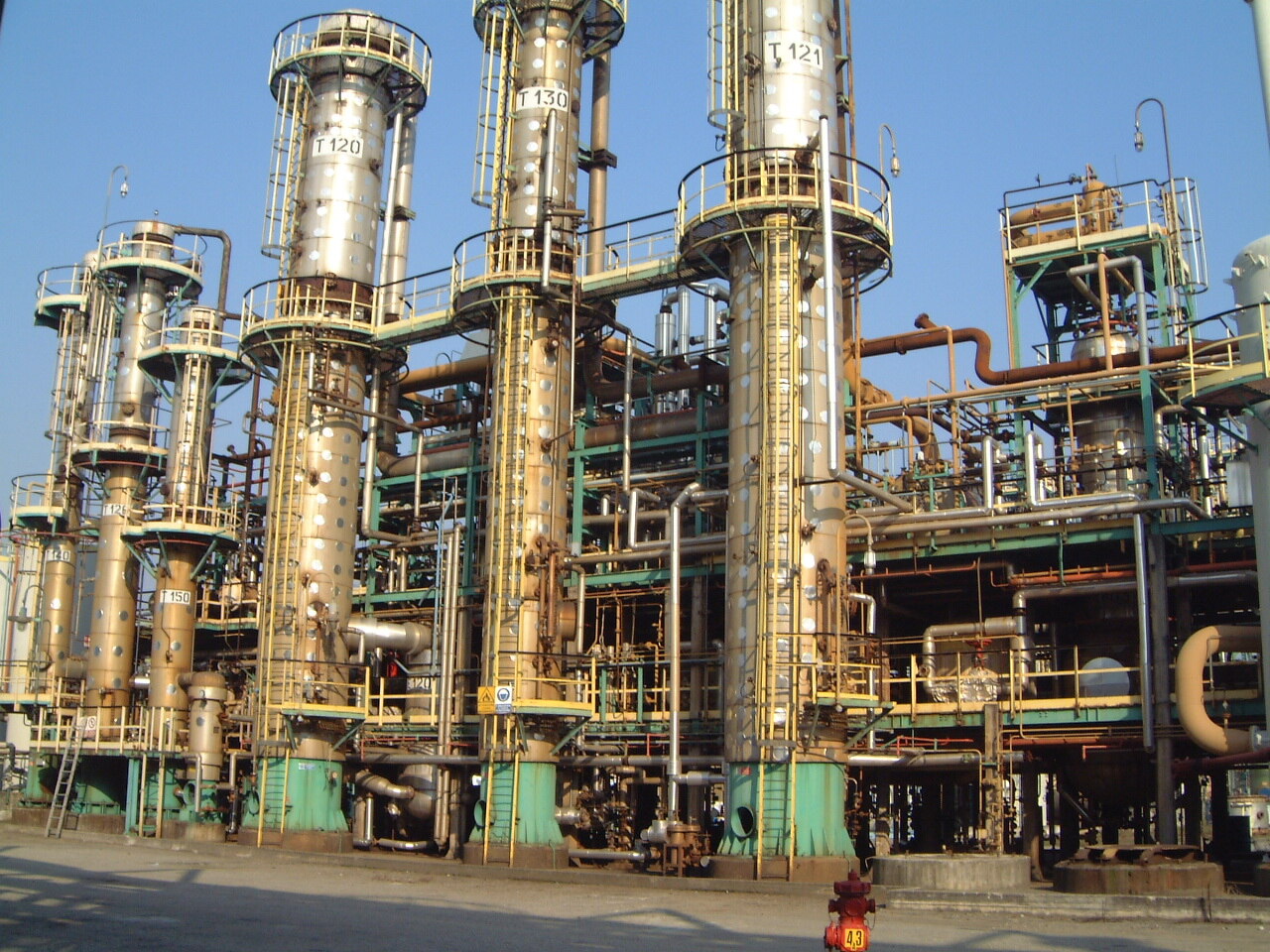
The petrochemical sector in the US Gulf Coast is still struggling as production continues to be hampered by a lack of utilities and feedstock availability, following the historically cold winter storm in mid-February. At the time, oil refineries were requested to bring units down to conserve electricity, while other plants, ill-equipped to deal with the arctic conditions, were forced to shut down as they faced damaged pumps and burst pipes.
As temperatures warmed, some refineries and crackers were able to restart but the process is proving much slower for the downstream petrochemical industry. There are still many manufacturers unable to lift force majeure declarations from last month. A shortage of utilities is stalling progress; for example, one manufacturer said lack of steam and potable water was one of the main obstacles to restarting production.
Demand, however, has remained robust, and many end-use markets have just entered their peak seasons. Prices, in some cases, have soared to record-high levels, and there may be further rises in April. The effects of the US supply shortage have quickly rippled across the globe, with Europe and Asia also seeing dwindling supply and values on a sharp upward trajectory. Speculation is running high even in markets that do not rely on US imported material.
The markets discussed in the full article, available to download, represent a portion of the industry segments impacted by the storm and its aftermath.



![[Video] Molecules to Markets Episode 1: Chemical Markets Begin 2026 in a Supply-Driven, Margin-Sensitive Environment](https://www.resourcewise.com/hubfs/images-and-graphics/blog/chemicals/2026/weekly-video-series-molecules-to-markets/CHEM-Weekly-Video-Series-Molecules-to-Markets-Episode-1.png)
